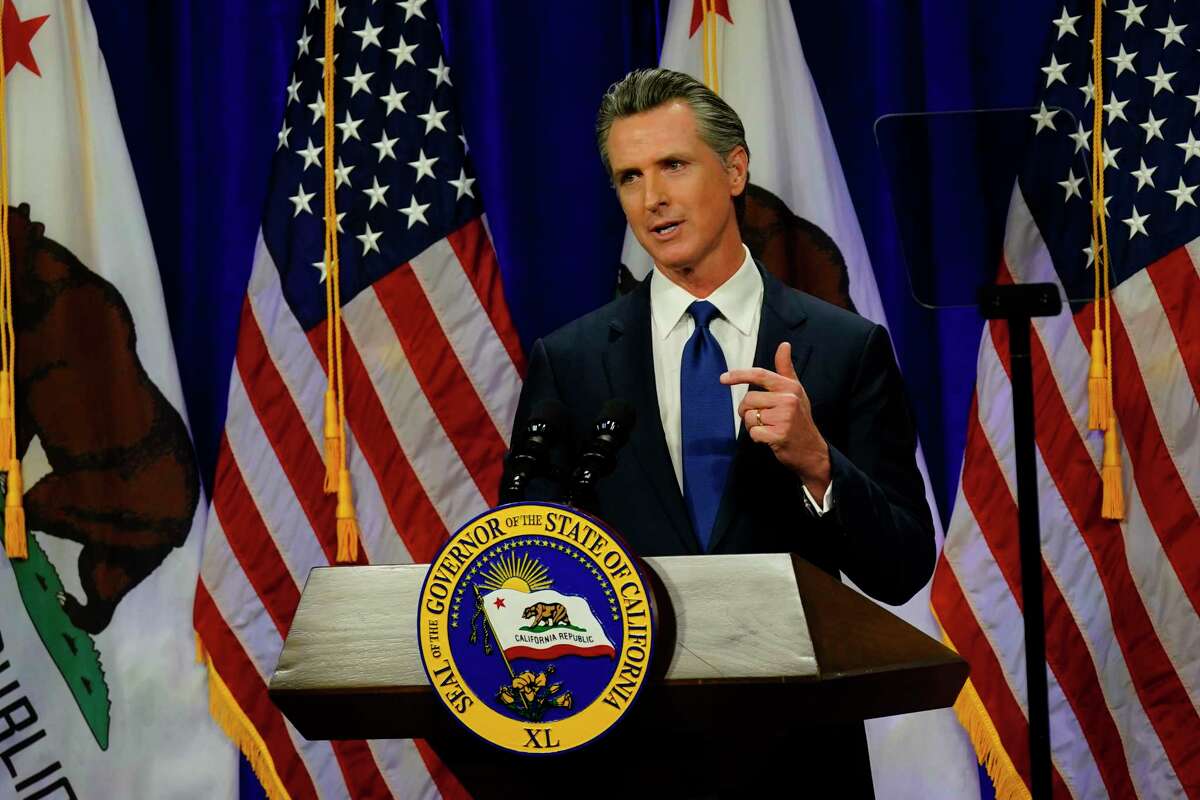
Gov. Gavin Newsom of California has emphasized the significance of individuals acquiring new skills and familiarizing themselves with emergent technology to remain current in generative artificial intelligence (GenAI).
The report proposes that California residents be granted access to educational and training opportunities in the field of GenAI.
“To support California’s state government workforce and prepare for the next generation of skills needed to thrive in the GenAI economy, agencies will provide trainings for state government workers to use state-approved GenAI to achieve equitable outcomes.”
It was stated that this is deemed crucial in light of the substantial employment repercussions highlighted in recent reports on GenAI.
According to a forecast cited in the report by Goldman Sachs, GenAI is anticipated to have a global impact on 300 million jobs, notwithstanding the potential productivity gains that may be realized.
“As such, the State must lead in training and supporting workers, allowing them to participate in the AI economy and creating the demand for businesses to locate and hire here in California,” it noted.
Additionally, it was recommended that GenAI education initiatives begin in vocational schools and institutions of higher education.
There have been numerous reports on the potential impact of AI on employment in the global economy in recent years.
On July 12, The Organisation for Economic Co-operation and Development (OECD) released a report outlining the jobs most at risk of AI.
📈 Just released: OECD’s 2023 Employment Outlook!
See latest analysis to find out more 👉 https://t.co/OoHoiCv9qE#EmploymentOutlook pic.twitter.com/6nSiv4JPMx
— OECD ➡️ Better Policies for Better Lives (@OECD) July 11, 2023
According to the research, ” high-skill, white collar jobs” are the most exposed to AI.
Aside from that, “non-routine cognitive tasks such as information ordering, memorization, and perceptual speed” are the domains that demonstrate the most development.





